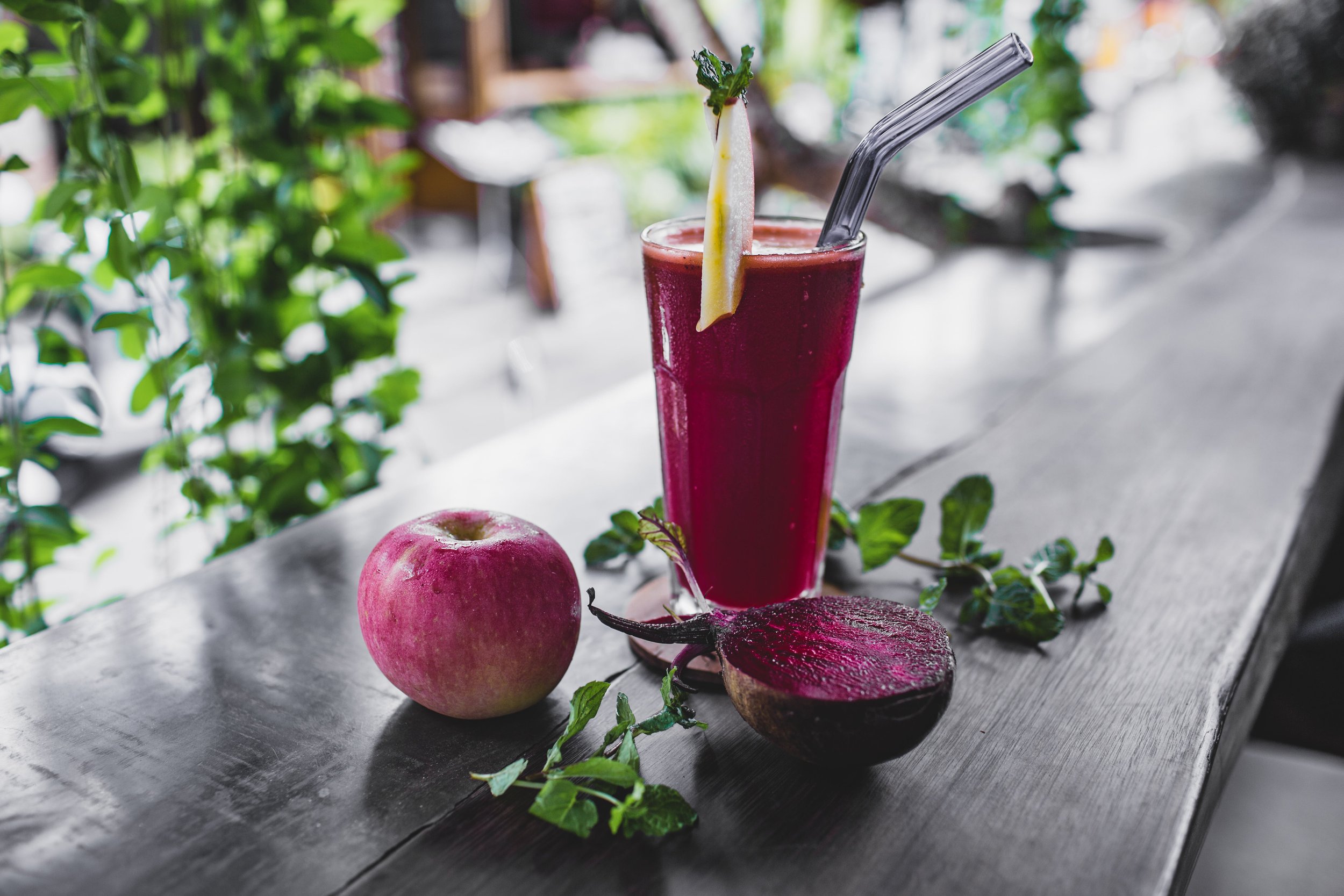The Rise of Plant-Based Athletes: Exploring the Performance Benefits of Veganism
As the world of sports continues to evolve, a remarkable trend has emerged—the rise of plant-based athletes. These individuals, who fuel their bodies with a diet devoid of animal products, are also achieving remarkable success in their respective sports.
Their accomplishments and the promise of enhanced performance through veganism have captivated the attention of athletes and sports enthusiasts worldwide.
Whether you are already a vegan athlete or considering the path to being one, it pays to know what research has to say about this lifestyle. As we look into the reasons behind the increasing popularity of plant-based athletes, let’s explore the performance benefits of veganism and shed light on inspiring stories from real-life champions.
Fueling Athletic Excellence: The Power of Plant-Based Nutrition
Nutrition plays a vital role in athletic performance, providing the foundation for strength, endurance, and overall well-being.
As an athlete, you understand that with your increased energy demands and rigorous training regimens, you require a diet that would optimally fuel your body. This is where the unique benefits of a plant-based diet could come into play.
A plant-based diet for athletes offers a myriad of advantages.
One key benefit is the higher intake of antioxidants and phytonutrients found abundantly in fruits, vegetables, whole grains, nuts, and seeds. These compounds help combat inflammation and oxidative stress induced by intense exercise, promoting quicker recovery and reducing the risk of chronic diseases.
Plant-based foods are rich in complex carbohydrates, providing a sustained source of energy necessary for extended periods of physical activity.
Protein, a crucial component for muscle repair and growth, can be easily obtained from plant-based sources. Legumes such as beans, lentils, and chickpeas are excellent sources of protein and offer the additional benefits of fibre and micronutrients. Quinoa, hemp seeds, and chia seeds are complete protein sources, providing all the essential amino acids necessary for optimal muscle recovery. Tempeh and tofu are versatile options that offer high-quality protein, while nuts and seeds contribute both protein and healthy fats.
Proper meal planning and nutrient timing are essential considerations for plant-based athletes. Ensuring an adequate intake of calories and macronutrients is crucial to meet the energy demands of training and supporting muscle recovery.
It is therefore important to understand the nutritional composition of plant-based foods and incorporate a variety of them into meals and snacks. Doing so will enable you to achieve a well-rounded and balanced diet.
Accelerating Recovery: Plant-Based Strategies for Speedy Healing
Unveiling the role of plant-based foods in promoting faster recovery:
Plant-based foods are rich in antioxidants and anti-inflammatory compounds, such as vitamins C and E, beta-carotene, and flavonoids. These powerful nutrients help reduce exercise-induced inflammation and oxidative stress, facilitating a quicker recovery process for athletes.
Phytochemicals present in plants, such as curcumin in turmeric and gingerol in ginger, possess potent anti-inflammatory properties that can aid in alleviating muscle soreness and discomfort after intense workouts.
The abundance of dietary fibre in plant-based foods supports gut health, assisting in nutrient absorption and overall digestive well-being, crucial for effective recovery.
Highlighting specific vegan ingredients that aid in muscle repair and inflammation reduction:
Tart cherries have emerged as a popular recovery food due to their high anthocyanin content, which has been linked to reduced muscle soreness and improved recovery time.
Beetroot juice is rich in nitrates, which can enhance blood flow and oxygen delivery to muscles, resulting in improved performance and faster recovery post-exercise.
Flaxseeds and walnuts are excellent sources of omega-3 fatty acids, which have been shown to decrease exercise-induced muscle damage and inflammation, leading to quicker healing.
Sharing practical tips for incorporating plant-based recovery strategies into an athlete's routine:
Pre- and post-workout smoothies can be tailored with plant-based ingredients like bananas, berries, leafy greens, and plant-based protein powder, providing essential nutrients for replenishment and repair.
Incorporating anti-inflammatory foods into daily meals and snacks, such as adding turmeric and ginger to curries or oatmeal, can contribute to reducing post-exercise inflammation.
Hydration is essential for recovery, and athletes can opt for plant-based options like coconut water, herbal teas, or fruit-infused water to replenish electrolytes and stay hydrated.
These plant-powered practices not only your well-being but also align with ethical and sustainable choices that benefit both themselves and the planet.
Endurance Unleashed: Unveiling the Stamina-Boosting Potential of Veganism
Endurance athletes require stamina and the ability to sustain prolonged physical activity. Plant-based diets offer several advantages in boosting endurance and maximizing performance.
Here are some key points to consider:
Unpacking the science behind plant-based diets and their impact on endurance:
Plant-based diets are typically higher in carbohydrates, providing athletes with a rich source of energy for prolonged exertion.
The fibre content in plant-based foods promotes stable blood sugar levels, preventing energy crashes during endurance activities.
Antioxidants found in plant-based foods reduce exercise-induced oxidative stress, helping to maintain cellular health and improve endurance capacity.
Showcasing examples of vegan athletes excelling in endurance sports:
Ultra-marathoners like Scott Jurek and Fiona Oakes have achieved remarkable feats on plant-based diets, challenging the notion that animal products are necessary for endurance performance.
Cyclist Dotsie Bausch and long-distance runner Rich Roll have demonstrated exceptional endurance and strength on plant-based nutrition, dispelling the myth that animal protein is essential for building and maintaining muscle mass.
Providing insights into plant-based strategies for maximizing stamina and endurance capacity:
Focus on whole, unprocessed plant foods such as fruits, vegetables, whole grains, legumes, and nuts for optimal nutrient intake and energy levels.
Adequate calorie and carbohydrate intake is crucial for endurance athletes, ensuring they have the fuel necessary to sustain long periods of physical activity.
Incorporating performance-enhancing superfoods like beetroot juice or tart cherry juice can improve oxygen utilization and reduce muscle fatigue during endurance events.
Targeted supplementation of nutrients like vitamin B12, iron, and vitamin D may be necessary for athletes following a plant-based diet.
By embracing a plant-based approach to nutrition, endurance athletes can tap into the stamina-boosting potential of veganism. These strategies not only enhance performance but also align with ethical and sustainable choices that contribute to a healthier planet.
Plant-Powered Champions: Inspiring Stories of Vegan Athletes
Serena and Venus Williams (tennis): Multiple Grand Slam champions and Olympic gold medalists, showcasing the power of plant-based fuel on the tennis court.
Novak Djokovic (tennis): World No. 1 tennis player who attributes his success to a plant-based diet, leading him to numerous Grand Slam victories.
Lewis Hamilton (Formula 1 racing): Seven-time Formula 1 World Champion who credits his plant-based lifestyle for improved focus, energy, and performance on the race track.
Patrik Baboumian (strength athlete): Former Germany's Strongest Man, setting world records in various strength competitions, proving that plant-based nutrition is more than sufficient for building strength and muscle.
These athletes have not only achieved remarkable success in their respective sports but have also embraced plant-based lifestyles. Their stories inspire others to explore the potential of plant-powered nutrition, demonstrating that thriving on a vegan diet is compatible with excelling in high-performance sports.
Ready, Get Set, Go for It!
Ultimately, the rise of plant-based athletes showcases the performance benefits that can be achieved through veganism.
By adopting a plant-based diet, athletes can experience improved energy levels, enhanced endurance, faster recovery, and a reduced risk of chronic diseases. Furthermore, embracing a plant-powered lifestyle not only benefits individual athletes but also promotes sustainability and compassion for animals.
If you are an athlete considering the potential of plant-based nutrition in your own journey or are someone already on this path, we hope that the stories of these vegan athletes serve as a source of inspiration and motivation!













